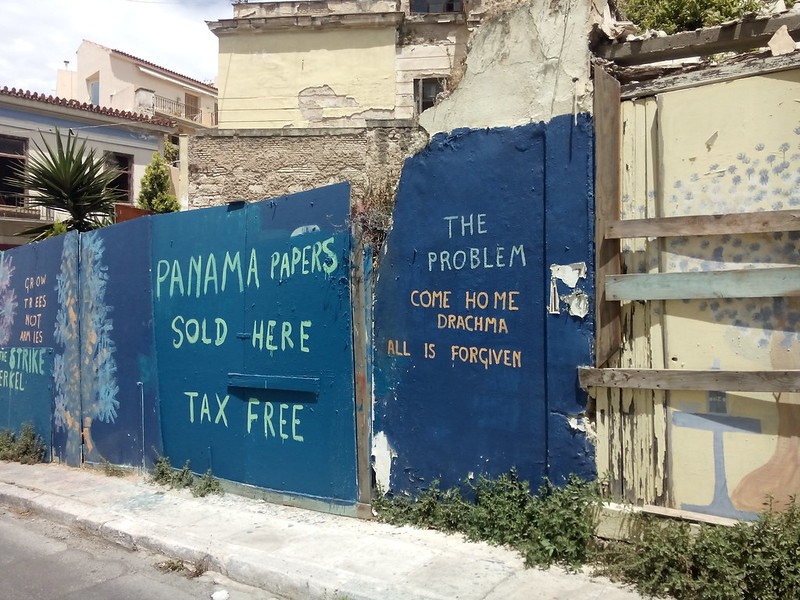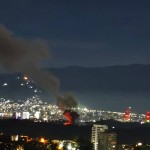This legal action comes eight years after the seismic Panama Papers scandal, which exposed how individuals from various corners of the world allegedly concealed funds through the now-defunct Panamanian law firm, Mossack Fonseca.
The founders of Mossack Fonseca, Jürgen Mossack and Ramón Fonseca Mora, along with other lawyers and former employees of the firm, are set to appear before the court during the scheduled hearings, which will run until April 26.
Years ago, the German daily Süddeutsche Zeitung obtained a substantial batch of leaked documents from Mossack Fonseca and shared it with the International Consortium of Investigative Journalists (ICIJ). The Consortium then organized a collaborative investigation, among others enlisting the assistance of the Organized Crime and Corruption Reporting Project (OCCRP) and its partner centers.
The 1.2 million documents allowed journalists to reveal how law firms and banks helped clients including politicians, fraudsters, drug traffickers, billionaires, celebrities, and sports icons hide their money from tax authorities.
Among the clients were close associates of Russian President Vladimir Putin, who allegedly maneuvered up to US$2 billion through offshore firms as well as the former prime ministers of Iceland and Pakistan, the King of Saudi Arabia, and the offspring of Azerbaijan’s president.
Moreover, the leaked documents implicate at least 33 individuals and entities blacklisted by the U.S. government due to their purported dealings with Mexican drug cartels, terrorist groups like Hezbollah, or rogue states including North Korea and Iran.



